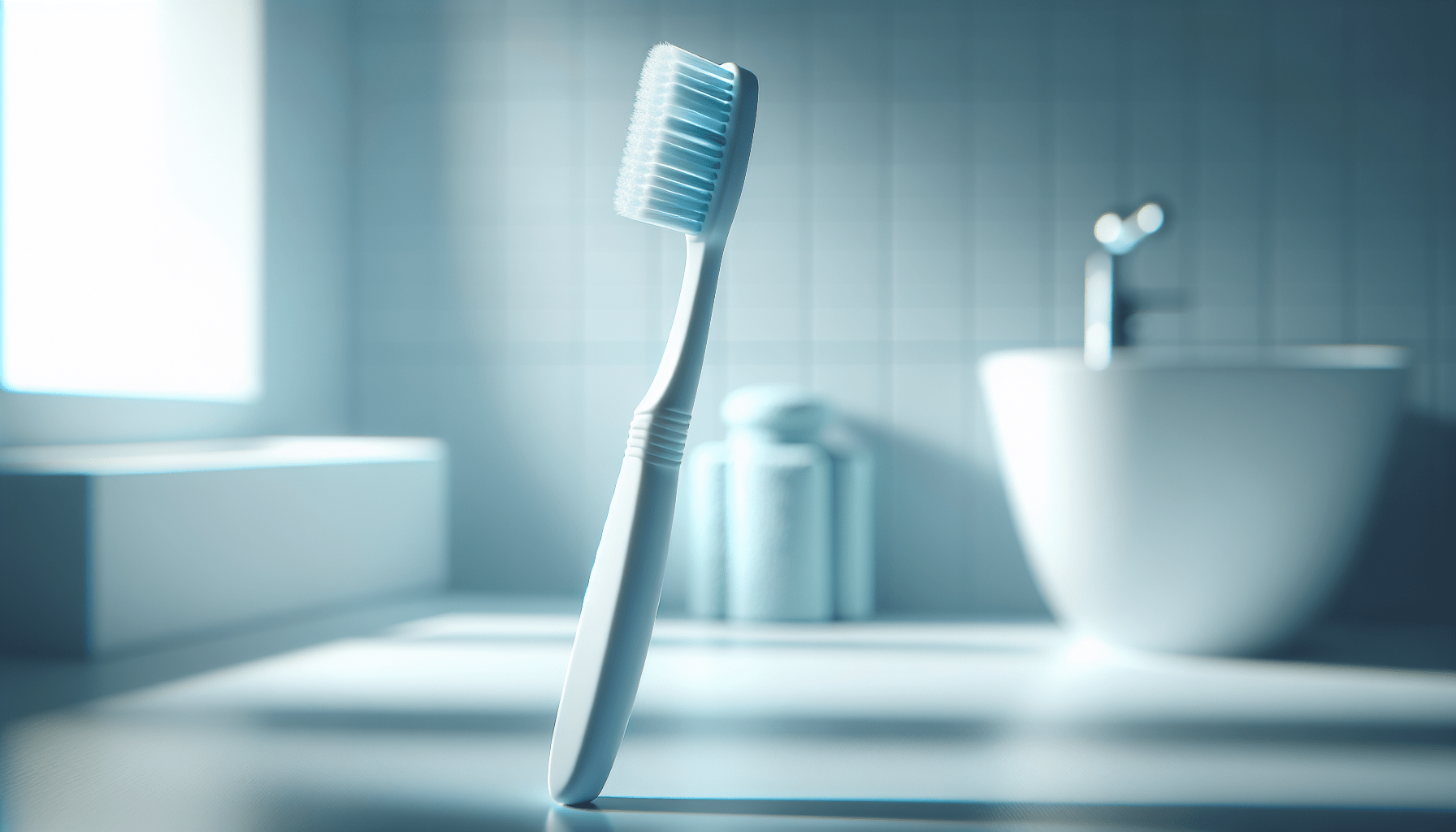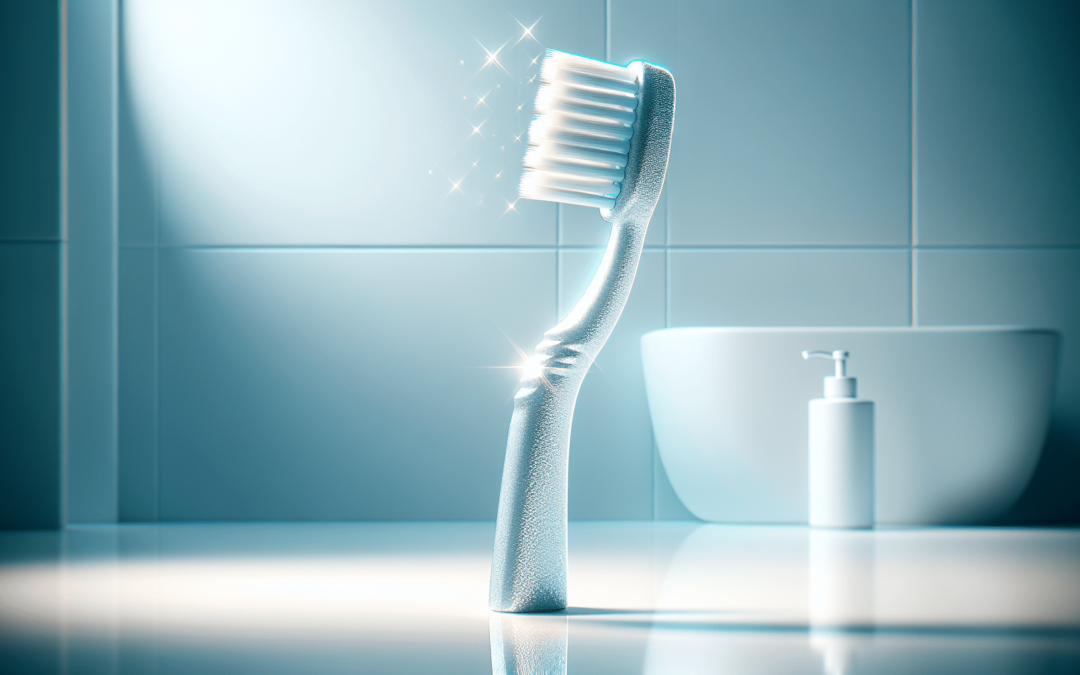Have you ever wondered why dental problems seem to be an inevitable part of life for many? Despite the advanced dental care available today, it feels like there’s always a new issue surfacing. Proper dental hygiene and consistent care are fundamental, but there are unspoken secrets that can further shield you from a myriad of dental problems. In this comprehensive guide, we’ll explore these lesser-known aspects of dental care.
Importance of Dental Health
Your dental health is an integral part of your overall well-being. Poor oral health can lead to significant pain, discomfort, and even systemic conditions. Good dental hygiene can improve both your physical and mental health, contributing to better quality of life.
Regular dental check-ups, combined with daily brushing and flossing, are often touted as the primary preventative measures. However, there are other, less commonly discussed strategies that can play a crucial role in avoiding dental problems.
The Basics: Brushing and Flossing
Proper Brushing Techniques
The way you brush your teeth matters significantly. Many people rush through this process without proper technique, thereby missing out on effectively cleaning their teeth. Here’s a step-by-step guide for optimal brushing:
- Choose the Right Toothbrush: Opt for a toothbrush with soft bristles. Hard bristles can damage enamel and gums.
- Hold the Toothbrush at a 45-Degree Angle: Point the bristles towards the gumline to ensure thorough cleaning of both teeth and gums.
- Use Gentle, Circular Motions: Avoid aggressive back-and-forth brushing, which can erode enamel.
- Brush for Two Minutes: Ensure you spend adequate time on each section of your mouth.
- Replace Your Toothbrush Regularly: Ideally, every three months or sooner if the bristles are frayed.
Effective Flossing
Flossing reaches areas that your toothbrush can’t. Proper flossing removes plaque and food particles from between your teeth and under the gumline. Follow these steps:
- Use Enough Floss: Approximately 18 inches, to ensure a fresh section for each tooth.
- Be Gentle: Avoid snapping the floss into your gums, which can cause injury.
- Follow the Curvature of Your Teeth: Slide the floss gently between your teeth and form a C-shape curve around each tooth.

Advanced Care: Beyond Brushing and Flossing
Regular brushing and flossing are the foundation of good oral hygiene, yet they are often insufficient. Incorporating additional strategies is key to enhancing your dental health.
Mouthwash: An Added Layer of Protection
Using an antimicrobial mouthwash can reduce the risk of gum disease and tooth decay. Mouthwash can reach areas brushing and flossing miss, killing bacteria and freshening breath.
Choosing the Right Mouthwash
- Antiseptic Mouthwash: Targets germs and bacteria causing bad breath and gingivitis.
- Fluoride Mouthwash: Strengthens enamel and helps prevent cavities.
Diet and Dental Health
Your diet plays a crucial role in maintaining dental health. Certain foods can bolster your teeth, while others may cause harm.
Foods to Include:
- Calcium-Rich Foods: Dairy products like milk, cheese, and yogurt can strengthen your teeth.
- Fruits and Vegetables: High-water content fruits and vegetables enhance saliva production, which helps to neutralize acids.
- Water: Keeps your mouth hydrated and helps cleanse away food particles.
Foods to Avoid:
- Sugary Snacks and Drinks: Promote tooth decay and gum disease.
- Acidic Foods and Drinks: Erode tooth enamel over time.
Regular Dental Visits: More Than Just a Check-Up
Routine dental check-ups can catch issues before they become severe. Dentists can identify signs of potential problems that you may not notice yourself.
What to Expect During a Dental Visit
- Professional Cleaning: Removal of plaque and tartar that regular brushing and flossing can’t handle.
- Examination: Checking for cavities, gum disease, and other oral health issues.
- X-Rays: Identifying problems not visible to the naked eye, such as impacted teeth or jawbone issues.
Dental Sealants: Added Protection for Your Molars
Sealants are thin, protective coatings applied to the chewing surfaces of your molars, preventing decay and protecting enamel.
Benefits of Dental Sealants
- Prevents Cavities: Shields teeth from bacteria and acids.
- Long-Lasting: Can last several years with proper care.
- Quick and Painless Application: A simple procedure often performed during routine check-ups.
Understanding Common Dental Problems
Knowing the common dental problems and their root causes is essential for prevention. Awareness and early detection can significantly reduce severity and associated discomfort.
Tooth Decay
Tooth decay is one of the most common dental issues caused by the breakdown of tooth enamel due to acids produced by bacteria.
Signs and Symptoms:
- Sensitivity to hot or cold
- Visible pits or holes in your teeth
- Pain when biting down
Gum Disease
Gum disease ranges from mild inflammation (gingivitis) to severe gum and bone tissue damage (periodontitis).
Signs and Symptoms:
- Red, swollen gums
- Bleeding while brushing or flossing
- Persistent bad breath
Oral Cancer
Oral cancer can occur on the lips, tongue, cheeks, floor of the mouth, and elsewhere. Early detection is crucial.
Signs and Symptoms:
- Sores that do not heal
- Lumps or thickening in mouth tissue
- Persistent pain or numbness

Lifestyle Factors Affecting Dental Health
Certain lifestyle choices can significantly impact your oral health.
Tobacco Use
Tobacco use is a leading cause of not just lung or heart diseases, but also numerous dental problems including gum disease and oral cancer.
Effects of Tobacco Use:
- Stains teeth
- Reduces blood flow to gums
- Increases risk of periodontal disease
Alcohol Consumption
Excessive alcohol consumption can affect your oral health negatively.
Effects of Alcohol:
- Reduces saliva flow, leading to dry mouth
- Increases risk of oral cancer
Stress Levels
High stress can affect your oral health by causing issues such as bruxism (teeth grinding) and neglect of oral hygiene practices.
Managing Stress:
- Practice relaxation techniques like meditation or yoga.
- Ensure adequate sleep and balanced diet.
Maintaining Dental Health as You Age
As you age, maintaining your dental health requires more effort and attention due to the increased risk of various dental problems.
Challenges in Maintaining Oral Health for Older Adults
Older adults may face challenges such as:
- Increased dry mouth due to medications
- Gum disease progression
- Wear and tear on enamel

Preventative Tips Tailored to Specific Groups
Different age groups have unique dental care needs. Tailoring your prevention strategies can help maintain optimal oral health throughout different life stages.
For Children
Instill good dental habits early to set the foundation for lifelong oral health.
Tips for Children:
- Use fluoride toothpaste and water.
- Supervise brushing and flossing.
- Regular pediatric dental check-ups.
For Teens
Teenagers often face dietary and lifestyle challenges affecting their dental health.
Tips for Teens:
- Limit sugary foods and drinks.
- Maintain regular orthodontic check-ups if braces are worn.
- Avoid tobacco and alcohol.
For Adults
Adults need to maintain consistent and advanced care to prevent dental issues.
Tips for Adults:
- Continue regular check-ups and cleanings.
- Monitor diet for potential risks.
- Address any lifestyle habits that pose risks to dental health.
For Seniors
Seniors need tailored advice to address age-related dental challenges.
Tips for Seniors:
- Use denture-specific cleaners if you use dentures.
- Manage dry mouth with hydration and saliva substitutes.
- Pay special attention to signs of oral cancer.
Innovative Approaches to Dental Care
Innovation in dental care can also play a significant role in preventing dental problems.
Tele-Dentistry
Tele-dentistry allows you to consult with a dentist remotely, increasing accessibility and convenience for maintaining regular check-ups.
Technological Advances
Innovations such as laser dentistry and advanced imaging techniques provide more effective and less invasive treatment options.
Personalized Dental Care Plans
Custom dental care plans crafted by your dentist can address specific needs, ensuring more effective preventative measures.

Conclusion
Preventing dental problems requires more than just routine care. By understanding the unspoken secrets of advanced dental hygiene techniques, optimizing your diet, leading a healthy lifestyle, recognizing common dental issues, and utilizing innovative approaches, you can significantly enhance your oral health. Consistent effort in these areas will help you maintain a healthy, confident smile throughout your life.
In understanding these unspoken secrets and incorporating them into your daily routine, you’ll protect your teeth and gums more effectively, giving you a smile that not only looks good but feels good too.
